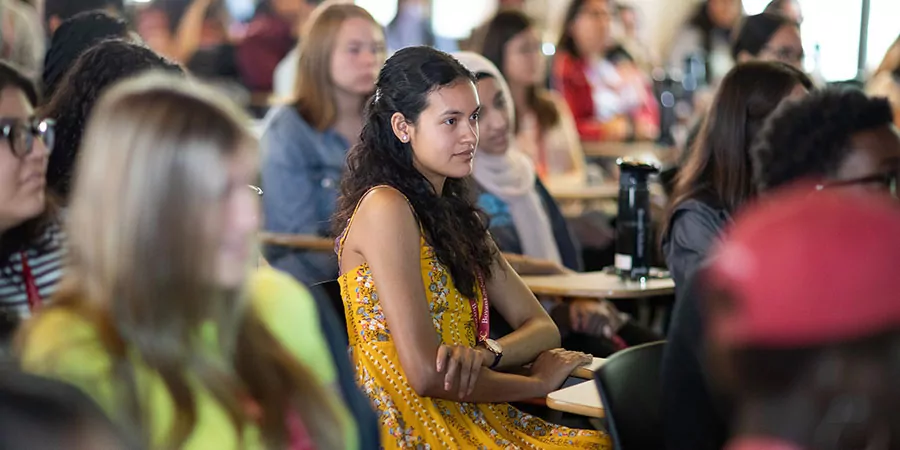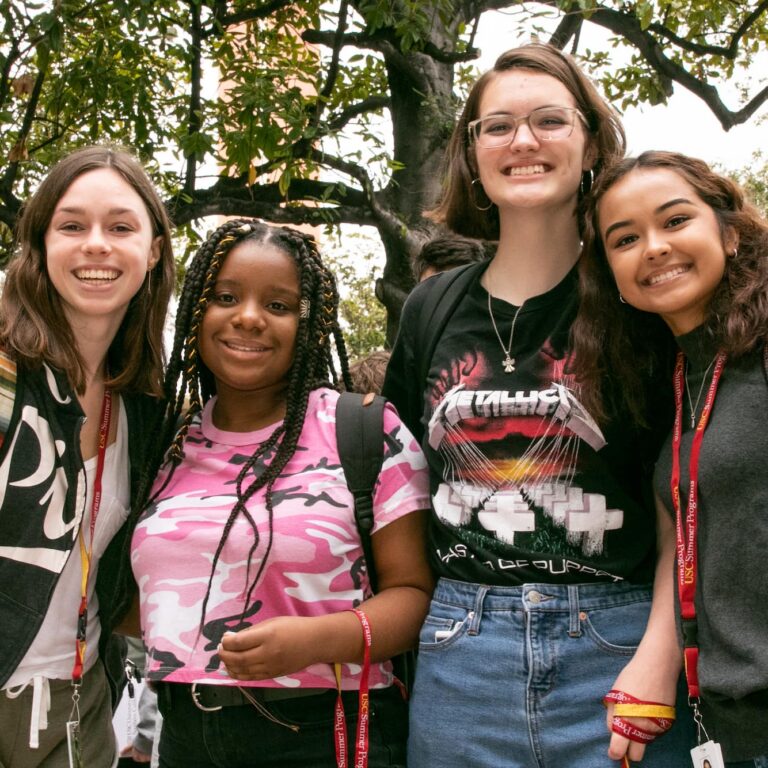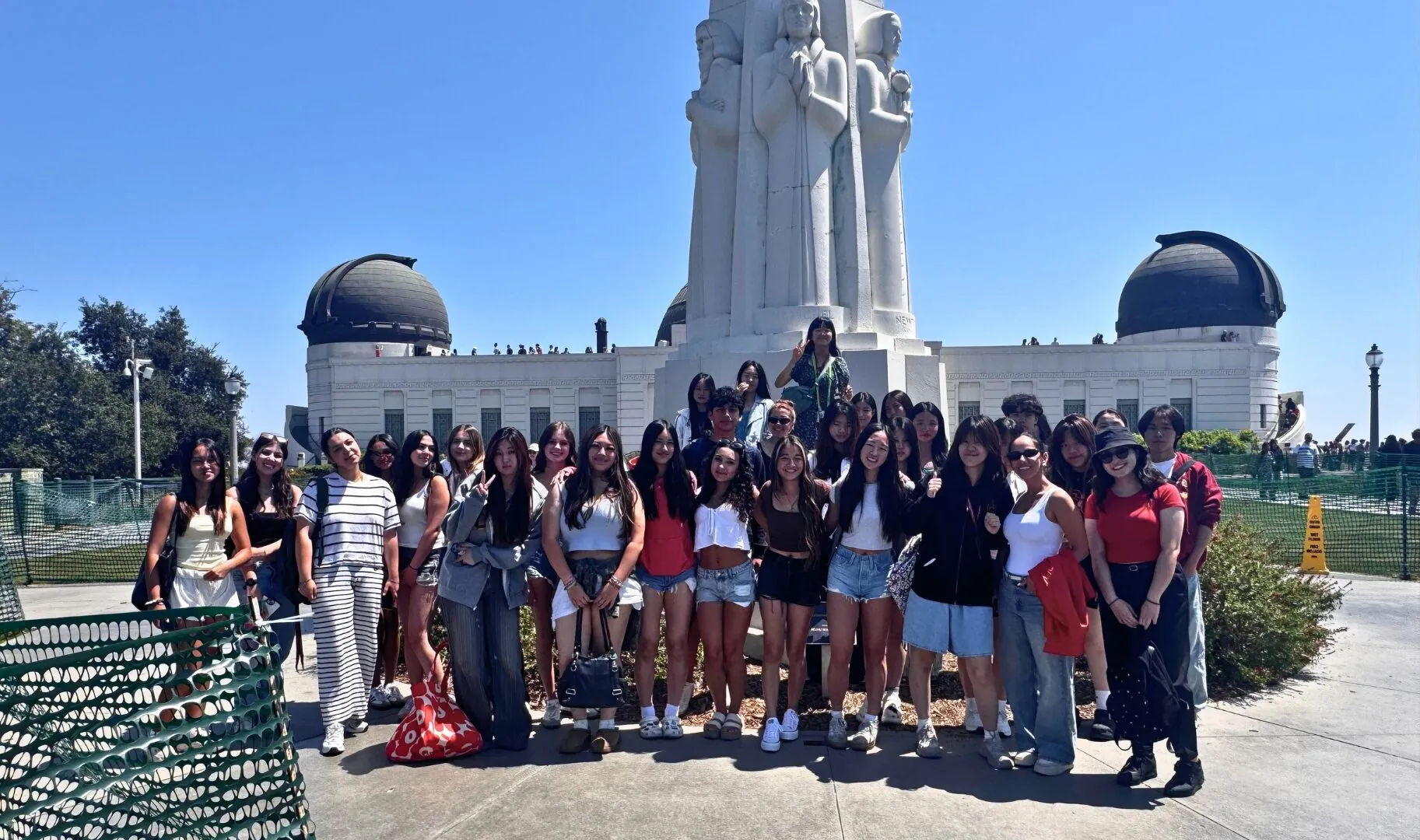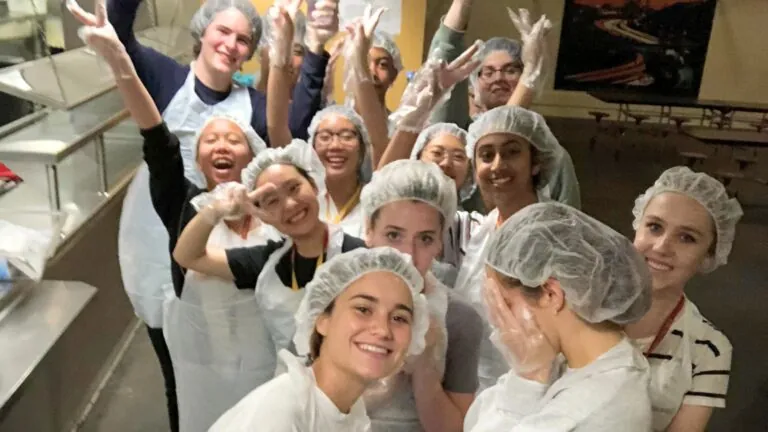Program Overview
In the “Psychological Science and Society,” we will explore both classic and contemporary psychological theories, examine real-world applications and develop your skills as both a critical thinker and a budding scientist.
You’ll engage in hands-on activities that challenge you to apply these principles to everyday life, build a deeper understanding of human behavior and reflect on how psychology intersects with societal issues.
This course will also equip you with tools to succeed in your academic and career aspirations while fostering your role in creating positive change within your community and beyond.
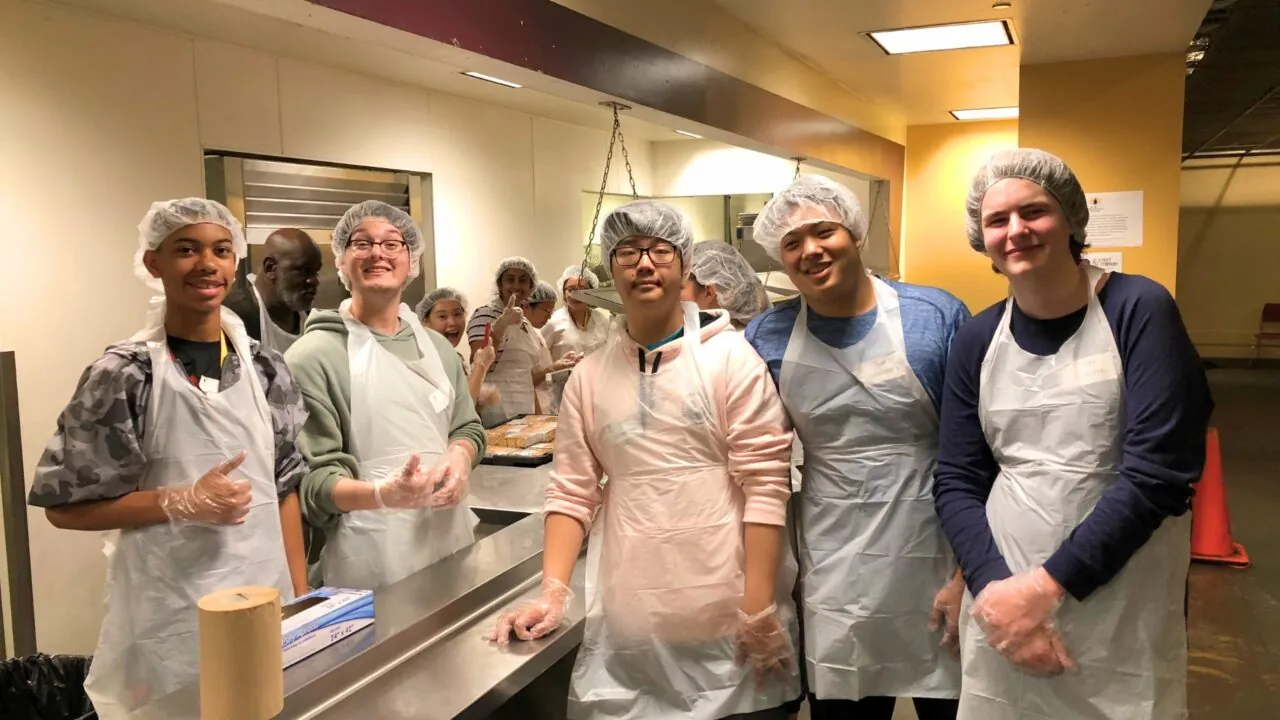
Key Information
Topics of Study
- History of psychology and research methods
- Cognitive, developmental, clinical and social psychology
- Cognition, intelligence and learning
- Personality
- Mindsets and motivation
- The mind-body connection
- Social media and mental health
- Games and therapy
- Happiness
- Relationships
Learning Highlights
- Develop foundational knowledge of psychology across its core subfields
- Think critically about human thought, emotion and behavior
- Connect psychological theories to social issues and personal growth
- Strengthen skills in scientific thinking, critical analysis and research methods
- Practice effective communication and teamwork through labs, discussions and projects
- Apply psychological research methods to explore questions about mind and society
Requirements
- Students must bring their own laptops
Weekly Highlights
| Week | Focus | Key Topics | Assignments and Activities |
|---|---|---|---|
| 1 | Cognitive Psychology | History of psychology; research methods; perception; memory; attention; problem solving | Lab demonstrations. Cognitive illusions. Group problem-solving. Introduction to research project. |
| 2 | Developmental Psychology | Neuroscience foundations; nature versus nurture; lifespan development; socialization | Guest lecture. Case studies on development. Field trip to California Science Center. |
| 3 | Clinical Psychology | Emotions; stress and health; mental illness; treatments; consciousness | Role-play activities. Applied discussions on mental health. “Moment of Geek” presentations. Research data collection. |
| 4 | Social Psychology | Learning; memory; language and cognition; conformity; prejudice; group dynamics; prosocial behavior | Interactive experiments. Debates. The Broad museum field trip. Final group research presentations. |
Hear From Our Former Students
